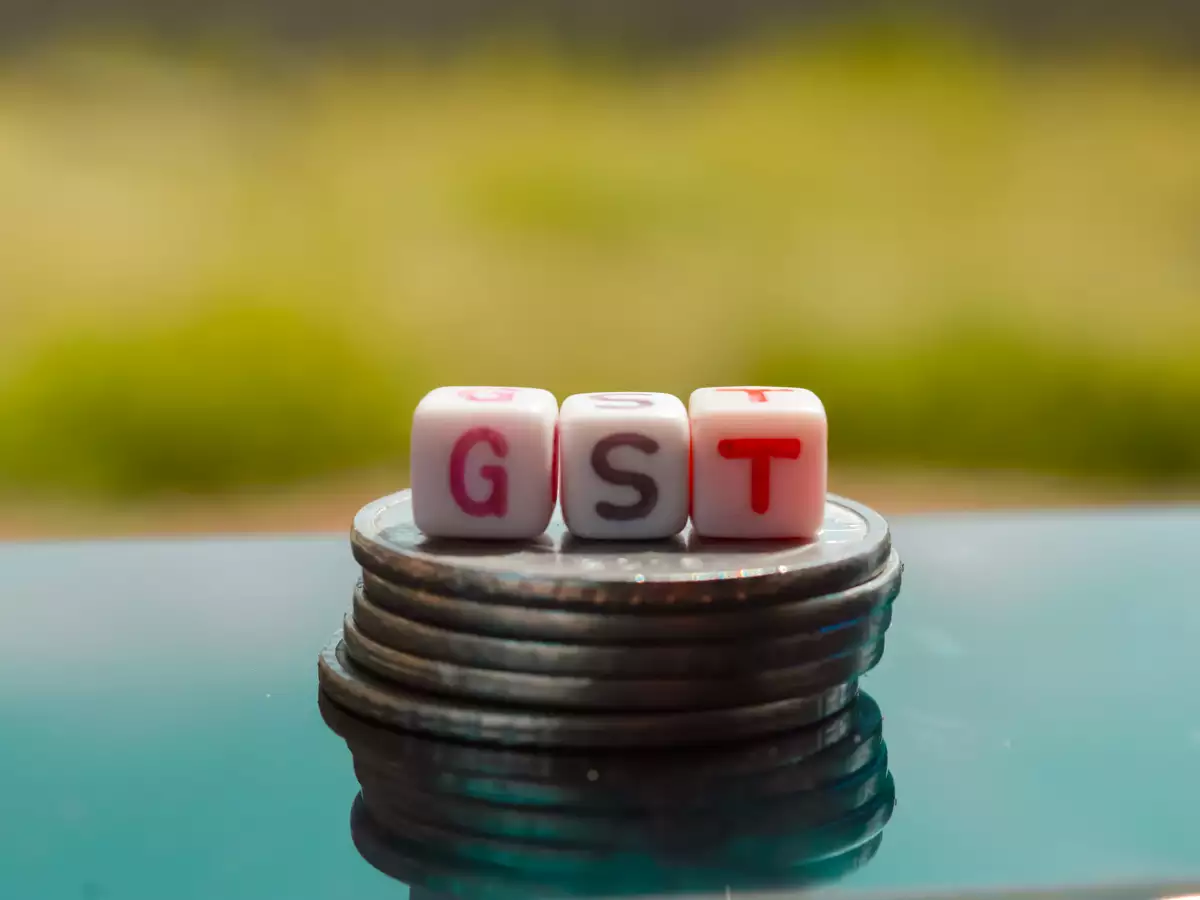On August 27, the 41st GST council took place, where the Union government had offered the states with two borrowing options to help compensate their Goods and Services Tax (GST) revenue shortage of Rs. 2.35 lakh crores. The second option was made available two days after the council, where the states could borrow Rs. 97,000 crores in response to the implementation tailback.
As per two officials from the Union Finance Ministry, 12 states out of 13 have opted for the second option of borrowing 97,000 crores to pay their GST revenue. These states include – Andhra Pradesh (AP), Bihar, Gujarat, Haryana, Karnataka, Madhya Pradesh (MP), Meghalaya, Sikkim, Tripura, Uttar Pradesh (UP), Uttarakhand, and Odisha.
6 other states including Arunachal Pradesh, Mizoram, Himachal Pradesh, Assam, Goa, and Nagaland are yet to decide. They shall disclose their final decision by next week as per the reports.
The Union Government had explained, that if a state chooses the option of borrowing Rs. 97,000 crores for GST revenue, they will be exempted from paying any interest rate. However, upon selecting the 2.35 lakh crores option, the state will have to pay a significant amount as the interest rate which will include the revenue shortage amount due to the Covid-19 pandemic, referred to as the ‘act of God’.
As opposed to this, some other states such as Kerala, New Delhi, Punjab, West Bengal, Chhattisgarh, and Maharashtra, where the ruling body is of the opposition party, criticized this proposal offered by the Central Government.
“FMs of Punjab, Delhi, WB, Chhattisgarh, Telangana and Kerala agreed to reject the Centre’s options on GST compensation. Our option: the central government to borrow the entire compensation due regardless of the acts of God, humans or nature, to be paid back by extending the period of cess.” – tweeted Thomas Isaac, the Finance Minister (FM) of Kerala, on August 31, 2020.
Amit Mitra- the FM of West Bengal, said that the Centre is trying to impel this huge amount of debt on the states in the name of ‘act of God’ – referring to the term used by Nirmala Sitharaman, the FM of India, to describe the pandemic situation.
Manish Sisodia – Delhi deputy Chief Minister described this offer as a ‘betrayal of federalism’.
The Union expenditure, on September 3, 2020, had met virtually with all the state finance secretaries along with the revenue secretaries to elaborate the working of these options. An official also said “Initially, many states, where opposition parties in power, had some reservation related to borrowing. Now, they are weighing their options after the Centre has clarified its commitment to pay the entire compensation. They will also communicate their choices soon.”
After the clarification on the options provided by the Union expenditure, Isaac tweeted “I welcome the new stance of the Centre that it was never its idea to deny full GST compensation. Glad to be corrected. But deferring half the compensation for better times, ipso facto, is deferring public expenditures to better times. It is the surest way of deferring future good days.”- on September 9, 2020.
According to the Attorney General (AG) of India, the GST council was held for the Union government to suggest ways of paying the GST revenue in this time of pandemic, and this job is not to be done by the central government. He said “It was discussed in the recent GST Council meeting that in the current economic scenario it may not be possible to increase tax rates or do rate rationalization to meet the compensation shortfall. However, borrowing could be an option to address this challenge.”
Former FM of India- Arun Jaitley also made a statement “Fulfilling the same commitment, the Central government has, time and again, stated that the entitlement of the states would always be for full compensation and the entire compensation sum on account of shortfall in collections of GST will be paid and honored.” He added that borrowing could be considered as an option in such a time, which can later be repaid by future tax collections.





